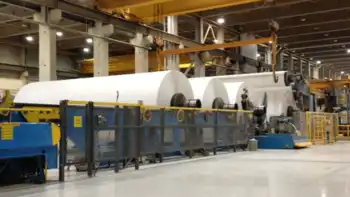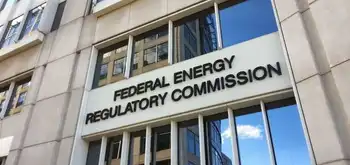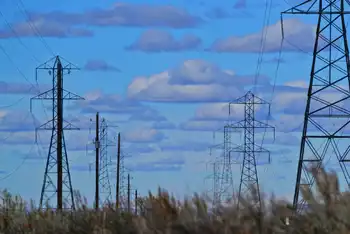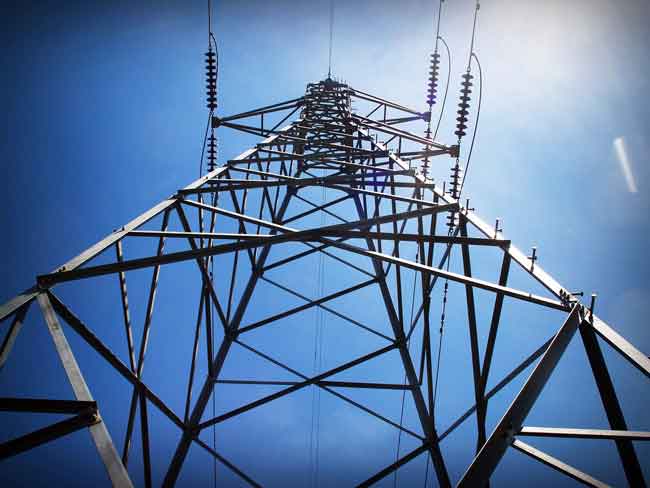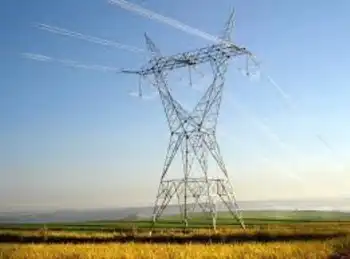Senators consider new draft of Missouri nuclear bill
By Associated Press
NFPA 70e Training - Arc Flash
Our customized live online or in‑person group training can be delivered to your staff at your location.

- Live Online
- 6 hours Instructor-led
- Group Training Available
But consumer activists said the changes don't do enough to protect electric customers.
The revised bill could be considered April 7 by a Senate committee. It would let the Missouri Public Service Commission decide whether to allow utilities to charge customers for the financing costs of power plants that are under construction and would require regulators to set up procedures for analyzing utility's requests to begin charging customers for the plants.
The updated version is sponsored by Sen. Kurt Schaefer, R-Columbia, who had criticized the initial proposal for not having enough consumer protections.
In Schaefer's bill, utilities still could collect costs from customers if they decide to abandon a project. But if a company sells a license to operate the power plant, then customers would need to be reimbursed first.
State utility regulators also would need to give lawmakers and the governor's office a report by August 28, 2010, about the benefits and problems with using several different methods to pay for new power plants.
Despite some of the changes Schaefer proposed, a coalition of consumer and environmental activists continued to launch barbs at a news conference in the Capitol's basement.
John Coffman, who represents the Consumers Council of Missouri, said the legislation is the greatest consumer threat in a decade and a "wish list written by the utilities." He also raised the possibility that critics of the bill could try to block the legislation through a voter-approved referendum or overturn it through a constitutional amendment.
"If the public was aware what actually is in this legislation, this bill is extremely slanted and unfair to consumers," Coffman said.
The debate over how to pay for new power plants has been triggered by St. Louis-based AmerenUE's application to the federal Nuclear Regulatory Commission for a license to build a second reactor in Callaway County, about 25 miles northeast of the Capitol.
A 1976 law approved by voters bars investor-owned utilities from charging customers for new power plants before the facility is online and generating electricity.
AmerenUE officials say the utility hasn't yet decided whether to build the second reactor but contend that the only way to get enough loans to pay for the power plant is if customers can be charged during construction.
Irl Scissors, the executive director for a coalition backing legislation to repeal the 1976 law, said Missouri needs new sources for producing electricity, particularly because of possible federal legislation that would tax carbon dioxide emissions. Scissors said boosting regulators' authority would help consumers.
The bill "will go a long way toward Missouri energy independence and job creation," Scissors said.
The House Utilities Committee earlier in March approved a different version of the legislation. But lawmakers said they intended to delay further action on the House bill until the Senate has a chance to act on its version.
The initial Senate proposal was first debated in February in an overflowing committee room that forced spectators and witnesses waiting to testify to sit in window sills. Several senators, including Schaefer, expressed concern that utilities were getting too many goodies.





